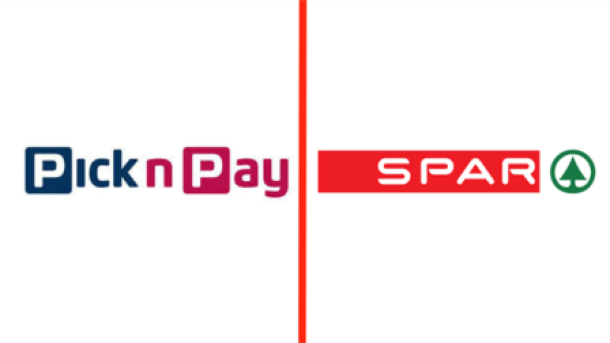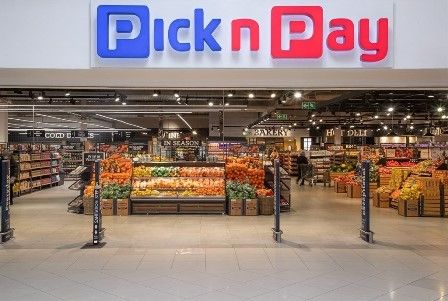
Pick n Pay looks ahead to restore profitability in its supermarket business
Following a disappointing full-year performance for FY24, Pick n Pay CEO Sean Summers unveiled the new board-approved six-point strategy to restore the group’s core Pick n Pay supermarket business to profitability.
The Group delivered a weak FY24 result to 25 February 2024, driven by a substantial trading loss in the Pick n Pay business, which more than offset a strong performance from Boxer.
The result was further impacted by a significantly higher interest charge resulting from increased gearing and a R2.8 billion non-cash store asset impairment in the Pick n Pay business.
The new Back-to-Basics strategy has six priorities and will focus on simplicity, quality, affordability and sustainability to help the iconic brand reclaim its former glory. Given the market environment, it is a reasonable and actionable plan. More importantly, the right operational team with the right experience is now in place to execute it.
Important parts of the plan have already been implemented, some in place since February, with encouraging early results. For the first 10 weeks of FY25, positive like-for-like growth has been recorded by Pick n Pay, alongside a consistently strong performance from Boxer.
The six strategic priorities are:
- Leadership and people
- Reset the store estate
- Improve offer to drive sales
- Optimise operating model
- Recapitalisation
- Leverage strength of partnerships
Said Summers: “This is a three-year turnaround programme. We will work with vigour, energy and passion to get it right. We have a strong operational leadership team to help us set the business on a path of long-term sustainability.”
Leadership and people
Earlier this year, Pick n Pay actioned the first priority of the plan: the introduction of a new, simplified and seasoned leadership team with proven track records. The team has already implemented strengthened structures, including establishing regional trading areas with local decision-making, with clear sight of strong long-term succession
Each operating region now has a regional buying team and store management team in place to meet specific customer needs particular to that region, while also increasing staff training and productivity for an overall improved store experience.
Reset the store estate
To create a more sustainable supermarket business, the Group is resetting its store estate to minimise losses by creating a smaller but more profitable Pick n Pay store estate.
The plan is to leverage the strength of its multi-format model with strategic conversions to lift store profitability: selected Pick n Pay stores will be converted to Boxer, where customer demand and demographics call for it, while experienced franchisees will be secured for other stores given benchmarks prove that franchisees typically achieve greater trading density, largely as a result of trading areas being notably smaller than company-owned stores.
Multi-year loss-making stores that are unsuitable for conversion to franchise or Boxer will be closed.
This will allow the Group to create a Pick n Pay store estate of the future – with effective, modern, well-positioned stores targeted at middle-income and more affluent customers.
Improve offer to drive sales
The reset store estate will be supported by a refocus on products and services to improve the offer and drive sales. The aim is to reinstate a more competitive offer matched to customers’ needs.
Restructured commercial teams – under new senior leadership – will aim to win back customers by resetting and closing the gaps in the ranges matched to customer preferences, particularly the fresh produce ranges and private label, which already deliver consistent value.
This will be strengthened with consistent competitive pricing and promotions across the business, supported by the Smart Shopper loyalty programme.
Stores will improve customer service with strengthened store management teams and staff training, including using multi-skilling to redeploy staff to customer-facing roles during busier operational periods.
The key impact expected is like-for-like sales growth to unlock incremental annual profit.
Optimised operating model
An optimised operating model will focus on minimising waste, simplifying processes, driving execution, and improving staff productivity. This refocus will deliver a more efficient head office, store estate, and supply chain. On-the-ground regional leadership will underpin this priority as the Group refocuses on fixing productivity and service levels.
About R1.3 billion worth of benefits are targeted over the next three years by reducing costs through better processes, execution, and planning.
Recapitalisation
Critical steps have been taken to recapitalise the business, allowing the Group to invest in its estate, rebuild profitability, and settle debt. The Rights Offer is expected in mid-2024, and the listing of Boxer is planned towards the end of this year.
The Group plans to release working capital, reduce grocery inventory and realise additional benefits from store conversions and disposals.
Through this recapitalisation plan, the Company targets more than R500-million in annualised interest savings and more than R1-billion from working capital optimisation and a once-off cash inflow from store disposals.
Leverage strength of partnerships
The plan’s success hinges on the Group’s ability to strengthen its relationships with key its stakeholders.
Pick n Pay has strong entrepreneurial franchise partners, and it will work closely with these partners to grow its brand and its franchise network, unlocking benefits for all.
Regular engagement and training with staff will create the capable, engaged, passionate, and empowered team needed to deliver on the plan successfully. At the same time, the new Head of Buying is focused on vendor collaboration to ensure the Group provides the right products at the right price for customers.
Said Summers: “While focusing on our stores and future-proofing the Pick n Pay supermarket business, we will continue to grow those parts of the business which are enjoying significant success – our Boxer, Online, Clothing and Value-added Service businesses.
“We will continue to invest in innovation and convenience to make our customers’ lives easier. We are also strongly focused on growing Pick n Pay Clothing’s market share, which continues to report positive growth year-on-year.
“While we must learn from the past, there is little value living in it. We have a job to do – a significant one. Our plan is reasonable and can be achieved with our human and capital resources. We are pleased at the encouraging early results we have seen so far.”
Related Articles
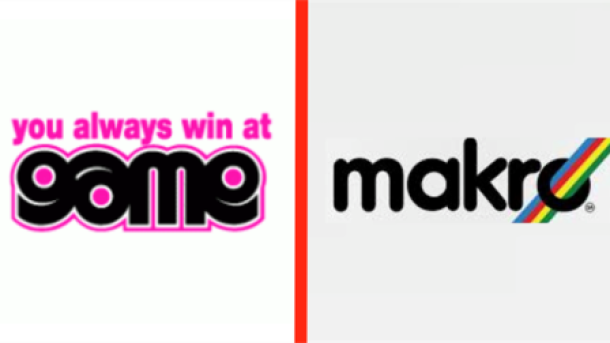
Game and Makro killing it with on-demand delive...
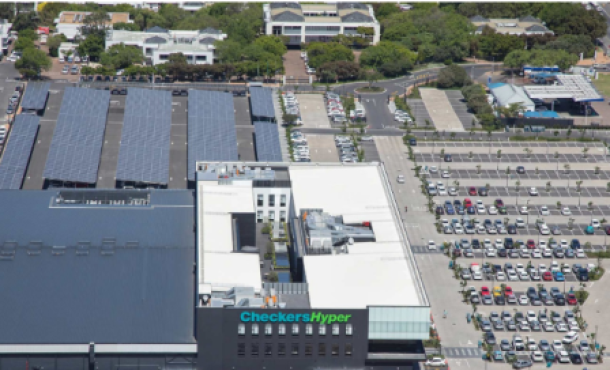
Shoprite tests electricity wheeling at Cape Tow...

New Women’s Challenge slot puts ‘spring’ in ste...
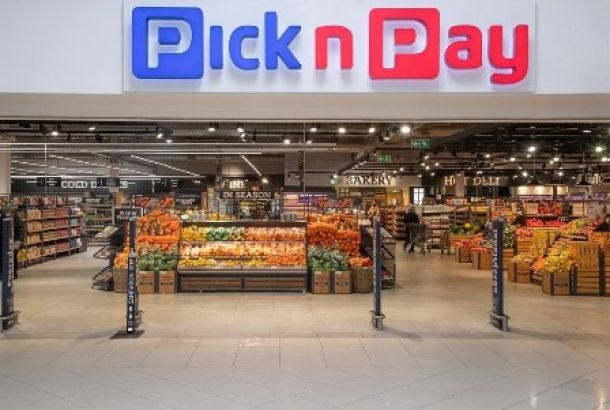
Pick n Pay’s R4 billion rights offer ready to go
